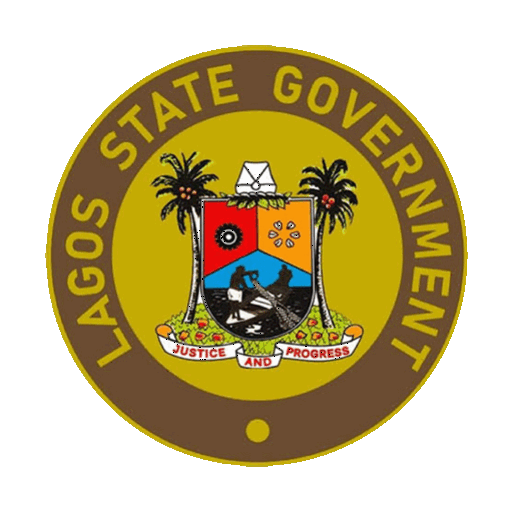
Leave No One Behind
The primary objective of the Office of the Special Adviser on Climate Change and Circular Economy is to advance sustainability initiatives dedicated to promoting circular economy practices that not only stimulate economic growth but also generate substantial social and environmental advantages, ultimately contributing to the prosperity of Lagos.
The Lagos State Office of Climate Change and Circular conceived the ‘Leave No One Behind Initiative has a demonstration of our commitment to ensuring that the benefits of the circular economy extend to everyone, particularly those who are most marginalised within our community.
Initiative Overview
The “Leave No One Behind” Initiative has been designed to ensure inclusivity within the circular economy framework, with a focus on promoting wealth creation, enhancing living standards, and fostering sustainability for marginalized communities. In collaboration with the Ministry of Youth and Social Development, this groundbreaking initiative is designed to equip over 20,000 girls and women in Lagos with essential circular economy skills.Create circular economy education and advocacy among the young girls at Idi – Araba Juvenile Correction Center.
Objectives
1. Create circular economy education and advocacy among the young girls at Idi – Araba Juvenile Correction Center
2. Develop skills and vocational aptitude through mentorship and handholding from established SME and value providers.
3. Create a waste to wealth ecosystem and provide a pedestal for the girls to live a productive life after exiting the correctional centre.
4. Establish a bio – gas waste digester from organic kitchen waste
5. Set up a collection centre at the Correctional Facility to enhance circular economy practices and engender community action for circular economy
6. Create a hub of economic activities and wealth creation for the correctional facility, established on the principles of circular economy.
Outcomes
1. Developed the skills of women in the facility on circular economy competencies; including utilizing waste as a resource for producing ottoman seats, mirror, jewelry.
2. Established a collection center benefiting up to 1,000 community members, with a weekly collection of 200 kg of recyclables, generating revenue for the center.
3. Developed a biogas digester that produces 100 kg of methane gas, providing sustainable cooking fuel for the kitchen at the Special Correctional Center for Girls in Idi-Araba.
4. Established an improved supply of organic fertilizer to the facility’s farm area, resulting in higher-quality farm produce and invariably reduced market purchasing costs. This has ensured healthier nutrition at lower cost for the correctional facility.


